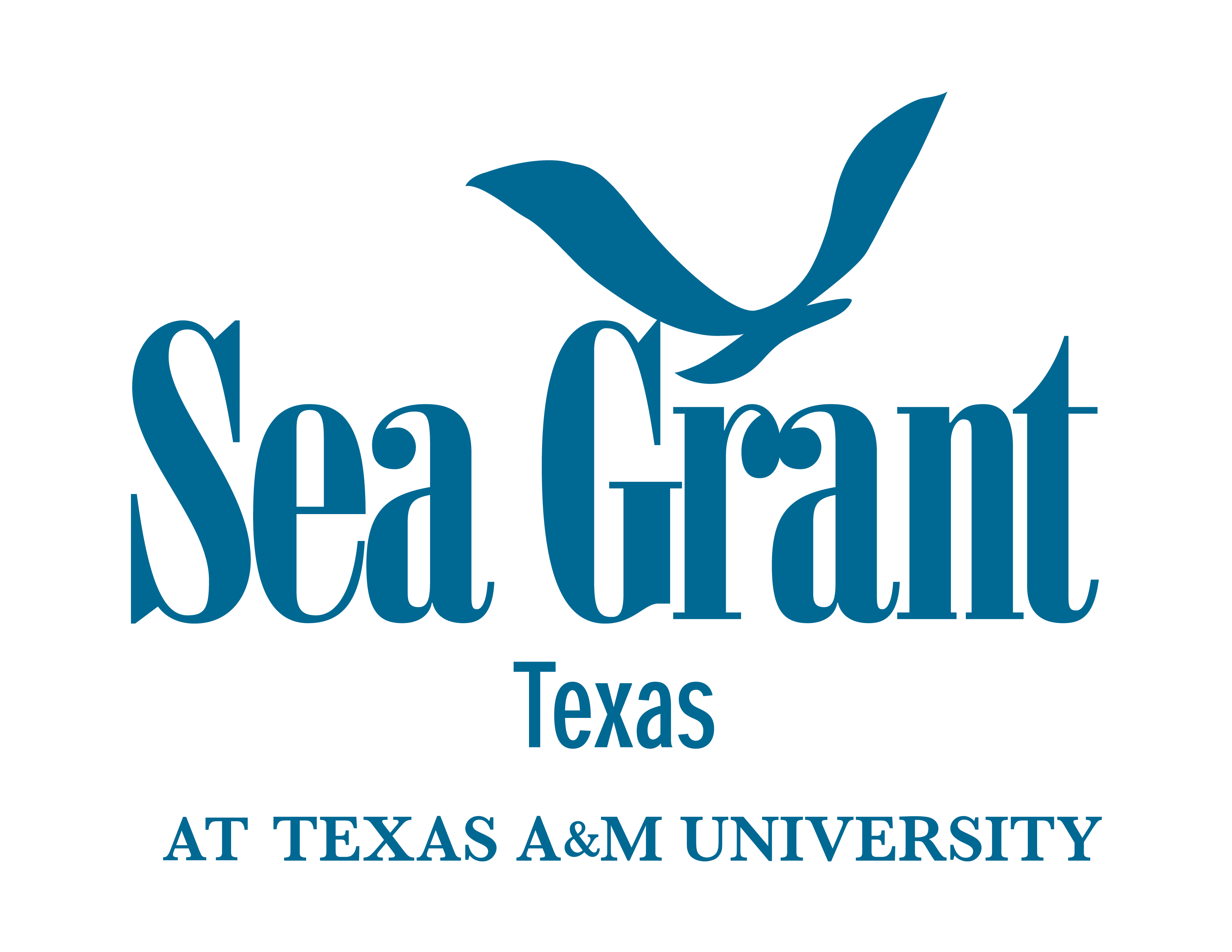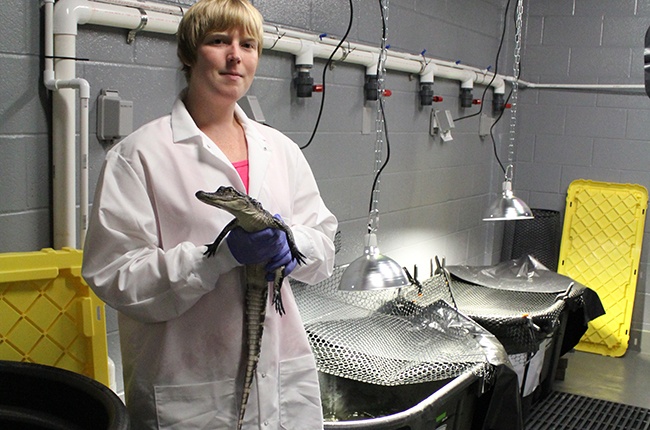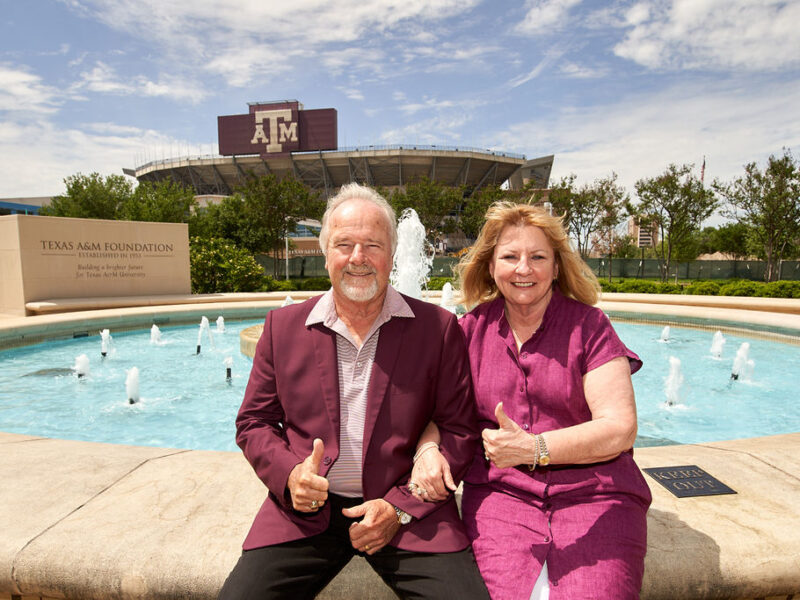
The Texas Sea Grant College Program at Texas A&M University has awarded $43,961 to 23 graduate students for various research projects at three Texas A&M University System institutions.
The funds are awarded through Texas Sea Grant’s Grants-In-Aid of Graduate Research Program, which provides small grants to students enrolled at the main campus in College Station, Texas A&M University at Galveston or Texas A&M University-Corpus Christi whose marine- or coastal-related research in any field of study is relevant to Texas, though not necessarily based in Texas. The grants are awarded after a competitive proposal review process and are designed to promote scientific excellence and achievement.
“The Grants-In-Aid Program is designed to support students in their early careers as they develop their research skills and learn to navigate the grant proposal process,” said Mia Zwolinski, Texas Sea Grant’s assistant director for research and fiscal administration.
The 2018-19 Grants-In-Aid recipients, their institutions and projects include:
Texas A&M University (main campus in College Station)
- Polly Hajovsky, pursuing a master’s degree in fisheries and mariculture, “The occurrence of microplastic in the diet of juvenile fish in Corpus Christi Bay and Upper Laguna Madre area.”
- Zachary Hancock, pursuing a doctorate in ecology and evolutionary biology, “A species by any other name: Delineating population structure from species divergence.”
- Maureen Hayden, pursuing a doctorate in marine biology, “Effects of beach erosion and vehicular traffic on talitrid amphipod populations in Texas.”
- Laramie Jensen, pursuing a doctorate in oceanography, “Seasonal and interannual changes in contaminant trace metal distributions in an anthropogenic Texas estuary (Galveston Bay).”
- Eric Johnston, pursuing a doctorate in chemical engineering, “Rapid, portable, low-cost analysis of nanoplastics in waterways.”
- Bumsoo Kim, pursuing a doctorate in oceanography, “Multi-proxy reconstruction of marine gas hydrate dissociation: Lessons from the past for the future.”
- JinYoung Kim, pursuing a doctorate in coastal engineering, “Wave measurement for the identification of causes of wetland edge erosion in the Galveston Bay system.”
- Xiaoqing Liu, pursuing a doctorate in paleoceanography and paleoclimate, “Earth system climate sensitivity assessed by Neogene ocean temperature from the Pacific warm pool.”
- Lixin Qu, pursuing a doctorate in oceanography, “Effects of near-inertial oscillations on baroclinic instabilities in a large buoyancy driven current.”
- Changwon Son, pursuing a doctorate in industrial systems engineering and human systems engineering, “Identifying sources of resilience in large-scale disaster management through dynamic team interaction.”
- Tho Tran, pursuing a doctorate in urban and regional sciences, “The quality of consolidated housing plan and its impact on affordable housing and community development activities in Texas coastal cities.”

Texas A&M University at Galveston
- Raven Blakeway, pursuing a doctorate in marine biology (interdisciplinary), “Public perception of lionfish in Texas Gulf Coast counties.”
- Patricia Faulkner, pursuing a doctorate in marine biology (interdisciplinary), “Physiological effects of salinity stress in juvenile American alligators (Alligator mississippiensis).”
- Alexandra Frolova, pursuing a doctorate in marine biology, “Jellyfish (Class Scyphozoa) response to thermal stress.”
- Candace Grimes, pursuing a doctorate in marine biology (interdisciplinary), “Vectors of marine disease: The potential role of the corallivorous fireworm, Hermodice carunculata (Amphinomidae: Phylum Annelida).”
- Catherine Risley, pursuing a master’s degree in marine biology, “You are what you eat: Combining chemical composition of anoxic sediments to metagenomic data of the resident microbial communities.”
Texas A&M University-Corpus Christi
- Audrey Douglas, pursuing a doctorate in coastal and marine system science, “Submarine groundwater discharge derived dissolved organic nitrogen: The overlooked component in coastal systems and nutrient budgets (Phase 2).”
- Lee Pinnell, pursuing a doctorate in marine biology, “Isolation and genomic analysis of naturally occurring marine bacteria that biodegrade polyhydroxyalkanoate plastics.”
- Sarah Tominack, pursuing a doctorate in marine biology, “Determination of nutrient sources fueling phytoplankton growth in Corpus Christi Bay, Texas.”
- Rachel Weisend, pursuing a doctorate in marine biology, “Spatial and temporal variability of microbial communities within mangrove systems.”
- Joseph Reustle, pursuing a doctorate in marine biology, “Using oyster reef recovery following Hurricane Harvey to study interactions between disturbance and predation in natural communities.”
- Dominic Swift, pursuing a doctorate in marine biology, “Assessing MHC-dependent mate choice in the dusky smoothhound (Mustelus canis) and blacktip shark (Carcharhinus limbatus).”
- Sebastian Rubiano, pursuing a master’s degree in chemistry, “An assessment of sulfide intrusion and its relationship to genotypic diversity in the seagrass Halodule wrightii from the Texas Gulf Coast.”
###
Media contact: Dr. Pamela T. Plotkin, Texas Sea Grant Director, at plotkin@tamu.edu or 979-845-3902.



